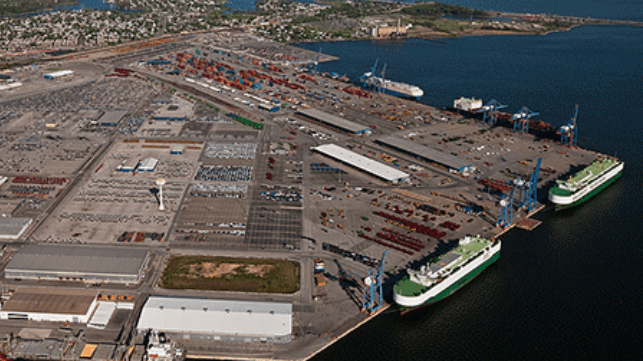Maryland Gears Up to Provide Relief for Baltimore's Longshoremen

Help may soon be on the way for longshoremen who depend on freight traffic at the Port of Baltimore. The port generates $2 million per day in wages, according to the U.S. Department of Transportation, but the protracted shutdown from the collapse of the Francis Scott Key Bridge has sidelined stevedores and put local businesses at risk.
Maryland's state legislature is responding with a bill to let the governor use the state "rainy-day" fund to pay for worker-assistance programs. The bill would also help small companies, like drayage and logistics firms, that serve the Port of Baltimore.
“What we are trying to do . . . is provide some modicum of protection and relief for the individuals and small businesses in the port industries that rely on . . . the full operation of the Port of Baltimore,” State Senate President Bill Ferguson told local WBAL.

that matters most
Get the latest maritime news delivered to your inbox daily.
Ferguson's bill would pay wages for port workers, help underwrite payroll costs for affected small businesses, and incentivize those businesses to stay in Baltimore instead of moving to a different seaport. The bill incorporates amendments from the governor's office that would waive the unemployment insurance work requirement for longshoremen while they wait for the port to reopen.
The timeline depends on clearing the port's channel, and local logistics businesses are telling their clients to expect the shutdown to be measured in months, according to the Washington Post. Looming over all of Baltimore's port stakeholders is a simple fact of containerized freight: boxes can move through any suitably equipped port, and one port can be substituted for another. In a disaster scenario, this is a boon to the logistics network, since cargo can flow around a single disruption. Over the long term, if shippers get used to routing boxes a new way - for example, through Newark and Norfolk - Baltimore would have to compete to get that cargo volume back.
